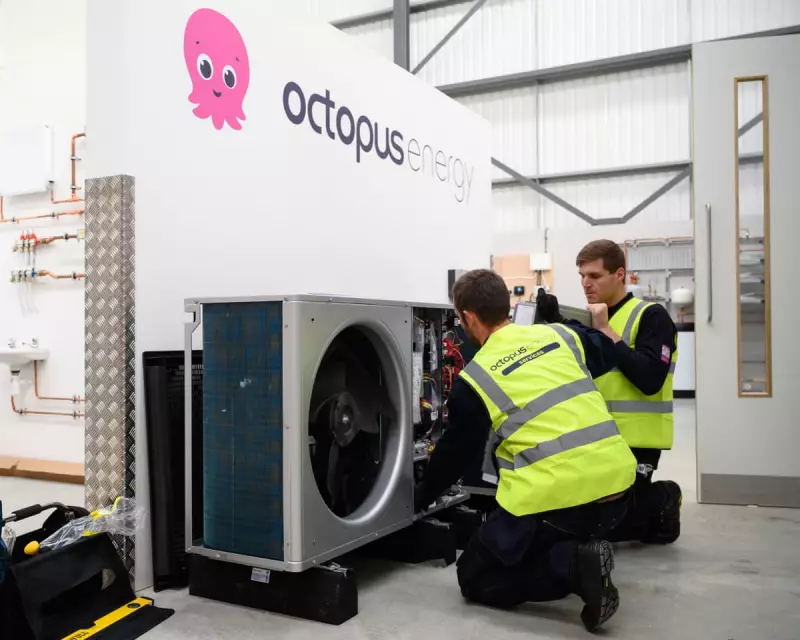
Britain faces a critical moment in its energy future as the government considers cutting vital green subsidies that could lock households into permanently high bills. Recent briefings suggest Labour may scale back support for heat pumps and electric vehicles, repeating mistakes that have already cost consumers £22bn since 2015.
The Short-Sighted Approach to Energy Bills
Engineers were photographed installing a heat pump at the Octopus Energy training facility in Slough on 2 November 2021, representing the kind of progress now under threat. Despite years of painfully high energy bills, the government appears ready to undermine the very technologies that could provide long-term relief.
Camilla Born, CEO of Electrify Britain, warns that "weaning ourselves off gas is the only way to reduce energy bills long term." Yet the Treasury is reportedly considering scrapping the Energy Company Obligation (ECO), the UK's primary scheme funding home insulation and efficiency upgrades for low-income households.
Why Electrification Matters
The fundamental problem lies in Britain's distorted energy system. Our current setup protects the legacy gas-based system, subsidising supply and penalising demand in ways that keep gas artificially cheap and electricity artificially expensive.
This creates a paradox where electric technologies like heat pumps and EVs actually cost less to operate but appear more expensive due to policy distortions. Nearly 40% of a typical electricity bill consists of fixed charges and legacy costs rather than energy itself.
Consequences of Cutting Support
If the government proceeds with scaling back the boiler upgrade scheme and imposing new taxes on electric vehicles, the consequences could be severe. EDF predicts energy bills will be about 12% higher in 2030 than today if current policies continue.
Households would be left colder, poorer and permanently overexposed to volatile fossil fuel prices. The progress made in heat pump adoption - with manufacturers expanding production and installers investing in training - would stall, pushing households back toward higher-cost heating for another decade.
This approach represents exactly the "sticking-plaster politics" that Prime Minister Keir Starmer promised to end. Rather than addressing the underlying system issues that make electricity expensive, the government seems focused on temporary bill cuts that will evaporate before the next election.
The UK has already used up its margin for error. With bills higher and homes less efficient than European neighbours, there's far less fiscal space to bail households out when prices inevitably rise again. The November budget could represent a gigantic missed opportunity to finally put consumers at the centre of Britain's energy future.





